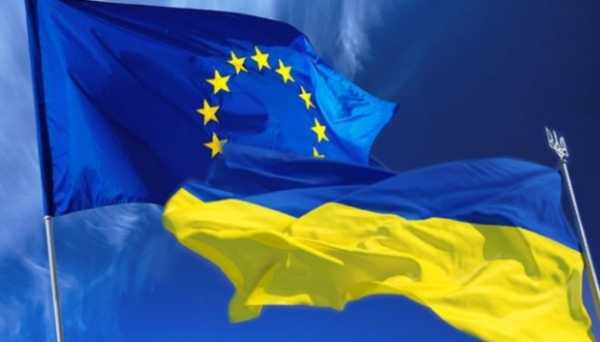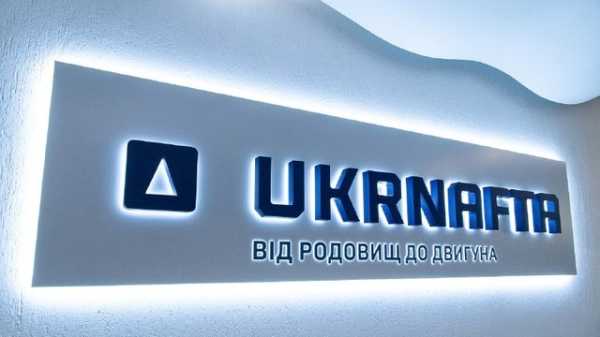Banks to sign joint memo to standardize financial monitoring practices – Raiffeisen Bank head
Facts Economy Sport Investments Diplomacy Regions Projects
Special Topics:
Crimea Red Cross Restoration of Ukraine War Energy Open4business

Ukrainian banks are set to sign a joint memorandum in the near future to introduce unified market practices and approaches for conducting proper due diligence of clients and monitoring financial transactions on their accounts. This was announced by Oleksandr Pysaruk, Chairman of the Management Board of Raiffeisen Bank, in an interview with Interfax-Ukraine.
"I fully support the National Bank's stricter requirements for financial monitoring in banks. In particular, concerning so-called bank drops, because this is indeed a major problem that needs to be addressed," Pysaruk stated.
He further noted the need to combat schemes aimed at reducing or avoiding taxes, especially those employed by large businesses. These schemes often involve the fragmentation of businesses and the use of numerous individual entrepreneurs, practices that are widespread in the market.
"If banks' transparent profits are retrospectively taxed at a 50% rate for two years, why should businesses earning massive profits be allowed to evade taxes? It's unfair. More importantly, the UAH 20 billion in extraordinary taxes on bank profits will never resolve budget issues if a large number of businesses continue to evade taxes," said Pysaruk.
He added that signing such a memorandum to unify financial monitoring approaches would also contribute to Ukraine's integration into the European Union.
At the same time, Pysaruk highlighted the need to separate financial monitoring requirements from banking secrecy.
"The issue of banking secrecy is entirely different. We need to act cautiously here because of the risks of misuse of banking information in countries with high corruption levels and significant abuse of power. Even in developed countries, where these risks are much lower, banking information isn't made readily accessible," he explained.
The banker stressed that without banking secrecy, it is impossible to imagine either effective banking operations or public trust in the financial system.
Following a meeting last week with executives from the 30 largest banks, the National Bank of Ukraine (NBU) reported discussions on the misuse of payment infrastructure for illegal purposes. Representatives from a "state body with law enforcement functions" presented a report on the use of cryptocurrencies and schemes involving bank drops and business fragmentation for funding terrorist and intelligence-diversion activities of the aggressor in Ukraine.
"Therefore, it's critical to create an effective barrier to such schemes directly within the financial system. Law enforcement urged banks to take every measure to reduce illegal activities by implementing stricter monitoring of payment transactions," the NBU stated.
NBU Governor Andriy Pyshnyy called for progress on multiple fronts: regulatory measures, legislative initiatives, and a deep understanding of what each party can do to minimize such dangerous practices without compromising the market's stability or customer convenience.
Participants agreed to continue dialogue on this matter and develop joint actions to prevent criminal schemes. They also discussed adapting current banking practices to EU legislation in terms of establishing business relationships and client services, strengthening trust in the banking system, and promoting fair competition among banks.
As of October 1 this year, Raiffeisen Bank ranked fourth among 62 active banks in Ukraine by total assets (UAH 229.12 billion), according to NBU data. The institution ranked among the top three in net profit for the first nine months of this year, earning UAH 6.151 billion, compared to UAH 6.135 billion during the same period last year.
Since October 2005, Raiffeisen Bank has been part of the Austrian banking group RBI. Currently, the Raiffeisen group owns 68.21% of the bank's shares, while the European Bank for Reconstruction and Development (EBRD) holds 30%.
Source: www.en.interfax.com.ua



